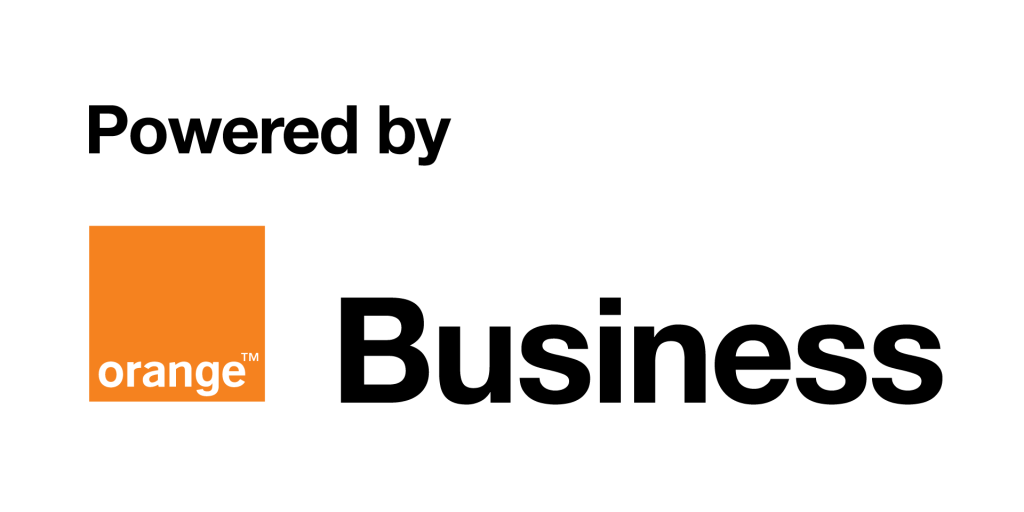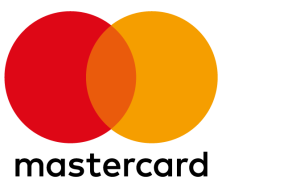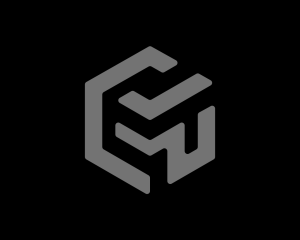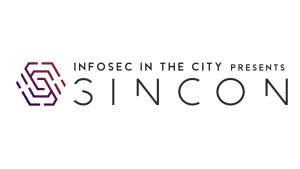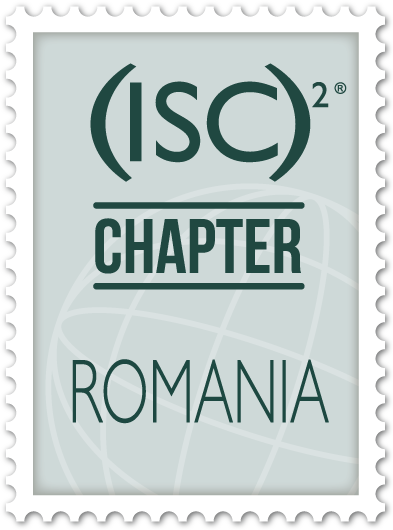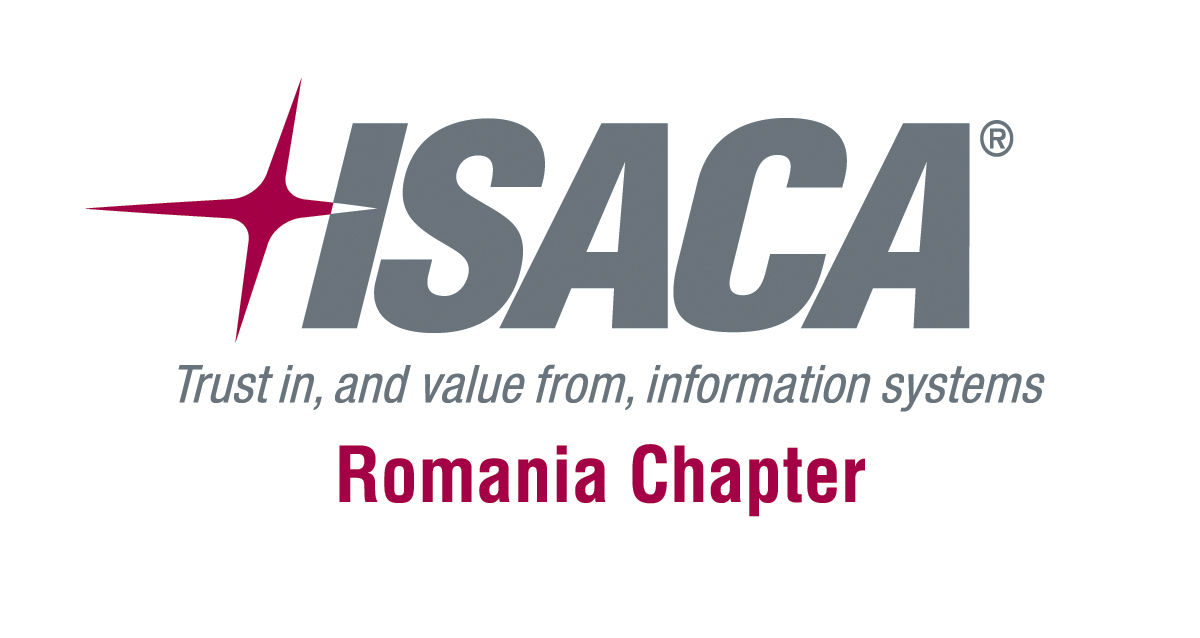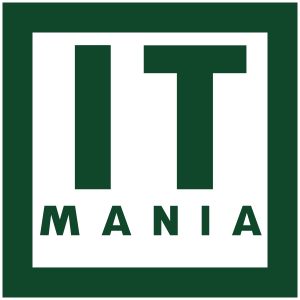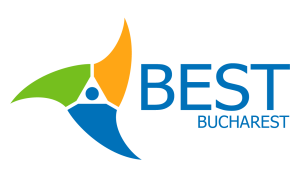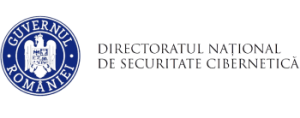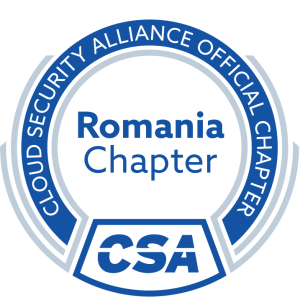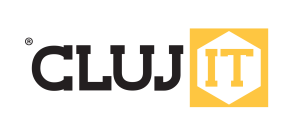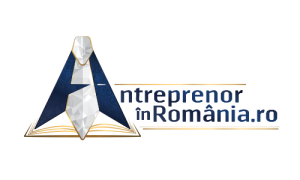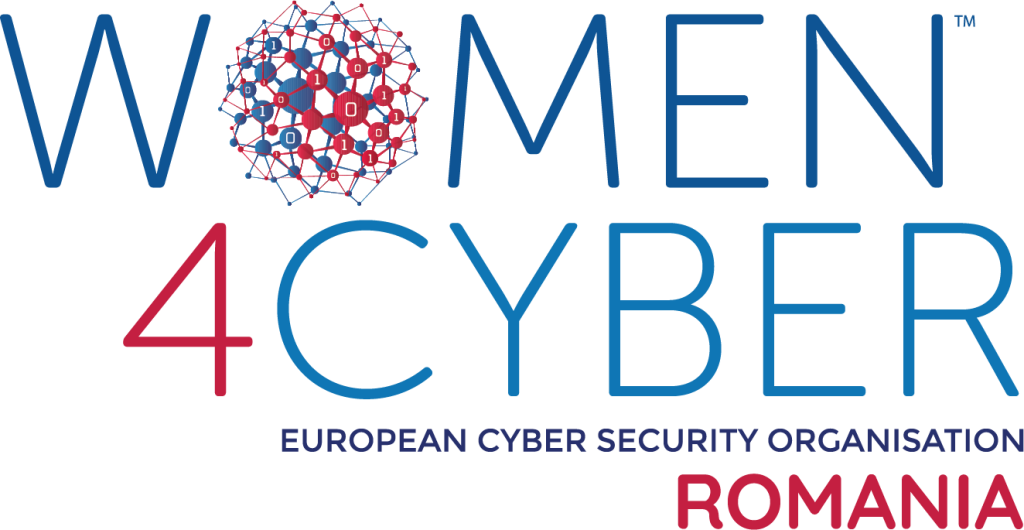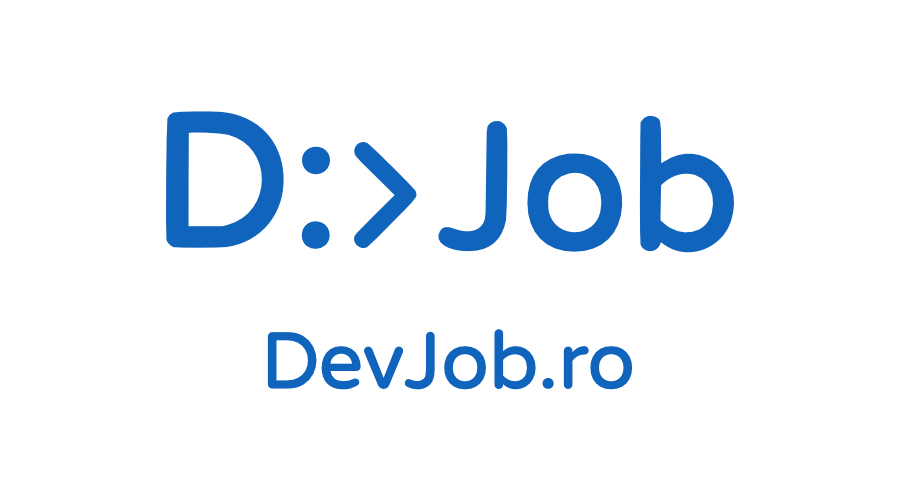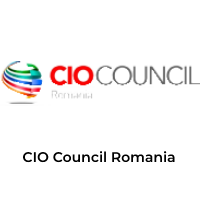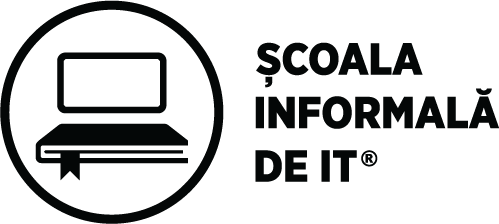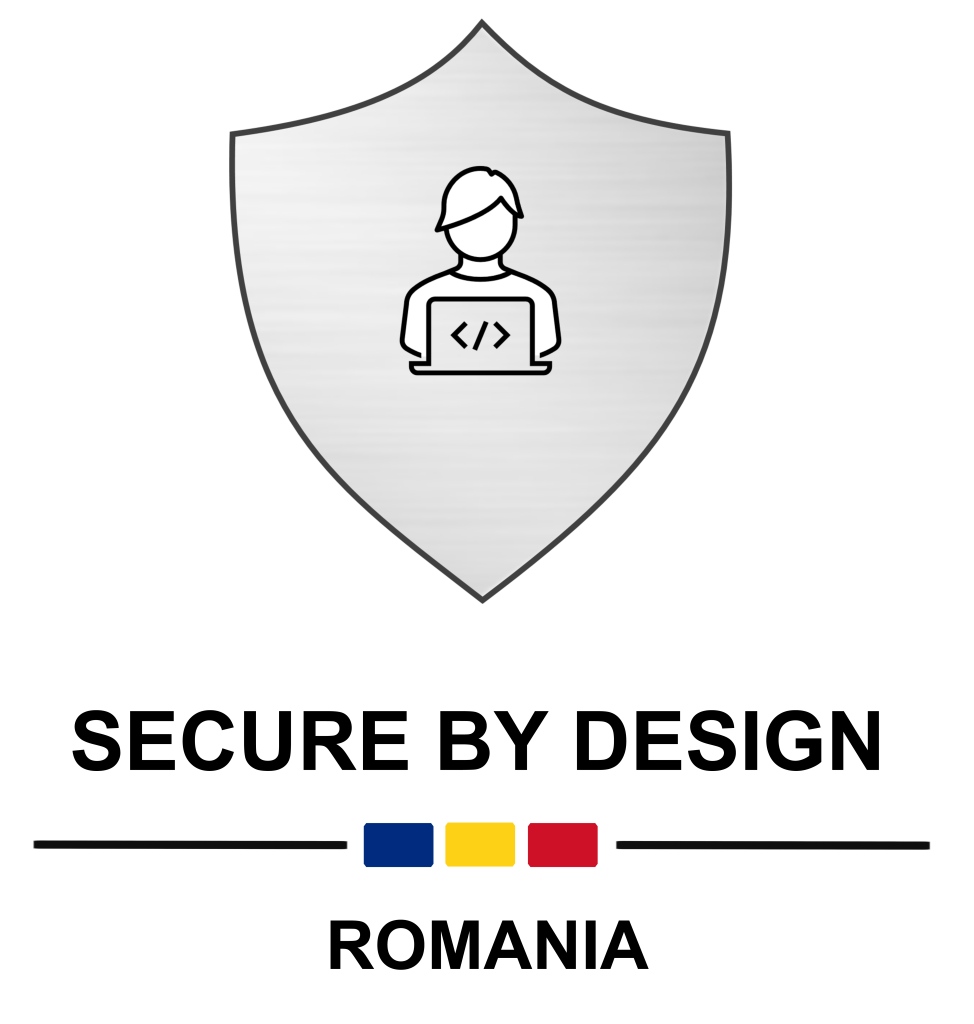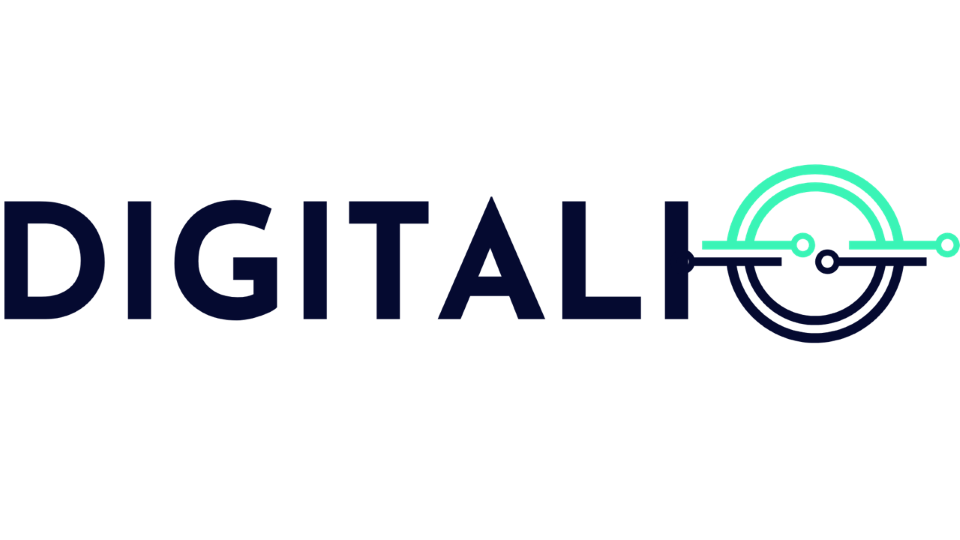Laurent Chrzanovski
PhD Co-Director University Lyon II Lumière
BIOGRAPHY
With a PhD in Roman Archaeology obtained at the University of Lausanne, a Postdoctoral Research Degree in History and Sociology at the Romanian Academy of Sciences, Cluj-Napoca Branch and a Habilitation in History obtained at the Babes-Bolyai University, Cluj-Napoca, Laurent is PhD co-director at the doctoral school of the University Lyon II Lumière and regularly holds postdoctoral courses within several major EU Universities; he is also Invited Professor at the Cluj-Napoca and Sibiu Universities as well as at the Polytechnics Universities of Bucharest and Cluj-Napoca.
Obliged by his wife to enter the domain of internet and then the niche of cyber security, Laurent is responsible for the international relations, and head organizer of the yearly congress “Cybersecurity in Romania. A macro-regional public-private dialogue platform“. He also conceived the awareness-raising exhibitions “From the first writings to Multimedia” (winner of the ICOM/UNESCO award for the best temporary ex. in Romania in 2011) and “Social media heroes, social media victims. From hieroglyphs to Facebook”, first shown at the ITU headquarters (Geneva) in 2013. Contaminated by the virus, he delivered a few conferences in cyber security congresses, mainly based on the necessary philosophy and trans-disciplinary approaches needed to understand the phenomenon. His professional dreams are to keep his beloved lighting devices (main part of his academic research) out of reach of cyber-attacks by forbidding untested Wi-Fi led systems and to introduce stratigraphic excavatio n techniques in security strategies.
Presentation: Finding a European way for a safer cyberworld integrating our continent’s millenary humanistic values, pluralist educational and philosophical systems, and overpassing its actual political weaknesses.
Many times in human history, civilizations raised, declined or died because of their capacity of adaptation to the surrounding worlds. In warfare, for example, the cleverness shown by the Roman Empire during its golden age is significant: after discovering new techniques, new armors, new weapons used by the enemies the Romans fought, they simply adopted the most successful of them, many times by incorporating in the auxiliary troops of the legions the elite bodies of the enemies of yesterday. As a fascinating example, near Caransebes, at the fort of Tibiscum (near Caransebes), three bilingual funerary slabs, written in Latin and Palmyrene languages, remind us that three young soldiers of the Syrian desert city died for the Empire in Southern Transylvania, fighting the Marcomannic invasion. Why? Because they were considered the very best mounted archers of their times. This is not without reminding us that the Athenian city police was, at least since the 5th century BC, ensured by Scythians archers and soldiers, strong and disciplined men. Those few examples show well that the most prestigious antique civilizations perfectly seized the importance of profiting of the “globalization” to get the best at their service.
On the contrary, their very own fall is due to the reverse of the medal. Only a man like Attila, raised by the best professors in Constantinople when he was a prince-hostage (a custom to secure peace treaties with certain tribes) has been able to unify tribes of his people and knew perfectly the languages, the mentality, the skills and the weakness of the gigantic Empire he was going to strike.
What we witness today is not very different, at a planetary scale. But facing the proliferation of cyber-attackers and cyber-bullers from all continents, understanding their way of thinking and each major country’s culture and educational background could be a real plus.
Philosophically, Europe – and the Occident in general – has to free his mind from the everlasting Kantian approach, which is perfectly reflected in texts such as the 2013 “Cybersecurity Strategy” of the EU, where most of the pages could be classified as “useless and/or wishful thinking”.
The Chinese approach, based on a combination of Taoism, Confucianism and Sun-Tzu’s ever-useful “Art of War” is certainly much more efficient. Not to mention the extremely reactive and pro-active “chess-style” evolving Russian approach, the “black screen” Turkish approach, or the ultra-pragmatic “Cybersecurity Act of 2013” initiated by Senator Rockefeller in June 2013, which is, again, a perfect concentrate of American philosophy of immediate and concrete reaction which has always been part of the “New World”. But none of those approaches are to be imported within the EU, as they will simply erase all the philosophical schools our continent has born in almost three millennia and will simply be merely useless because of their total incompatibility with our traditions and way of life.
Moreover, the 2’500 years of democratic theories and practices conceived in the European way as they are applied in Switzerland and Denmark at their best, are far different from the way the US, Russia or any other non-European country will ever conceive “democracy”. It is based on a simple axiom considering that the individual liberty is sacred but limited where the second individual liberty starts. A European reflection on the “freedom of expression” integrated within the Human Rights is hence mandatory, to avoid twin or multiple intelligence systems to counter excesses we witness – and we are subjected to – mainly inspired from other countries’ ways of dealing with this global problem.
Is there an alternative solution for the European Union/EAA/CH? In our opinion, the answer is yes, but only if we profit of the amazing diversities and talents of the 28 countries associated into an Aristotle’s concept of democratic and philosophic deliberation implying immediate action, in total respect with our Human Rights tradition. If we do not try to face this challenge, our countries legitimate demand to be respected in our well-defined law fundamentals will simply be set out of the global cyber security map.
Are you the next cyber security superstar?
If you are passionate about an information security topic or you have strong technical skills developing researches on your own, you should definitely Apply at Call for Papers. By submitting you will have the chance to showcase your work to +2000 attendees.
Other speakers joining this year
Catalin Cosoi
Chief Security Strategist Bitdefender
Anthony Guess-Johnson
Senior Information Assurance Officer CSFI
Yury Chemerkin
InfoSecurity Researcher
Ready for this year's presentations?
By registering you will unlock access to 60+ speakers and two full days with cyber security news & showcases from worldwide leaders.
COMPETITIONS
Sponsors & Partners
They help us make this conference possible.
POWERED BY
Orange Business is a key division of Orange Romania, specializing in providing cutting-edge communication, technology, and digital transformation solutions tailored to businesses of all sizes. With a strong emphasis on innovation, Orange Business offers a wide array of services, including high-speed connectivity, cloud computing, cybersecurity, Internet of Things (IoT), and managed services. Their mission is to support organizations in their digital transformation journey by enhancing operational efficiency, improving customer experience, and maintaining a competitive edge in a rapidly changing digital environment.
Orange Business combines deep technological expertise with a customer-centric approach, ensuring that each solution is customized to meet the specific needs of their clients. Their commitment to innovation and excellence makes them a trusted partner for businesses seeking to thrive in the digital age.
